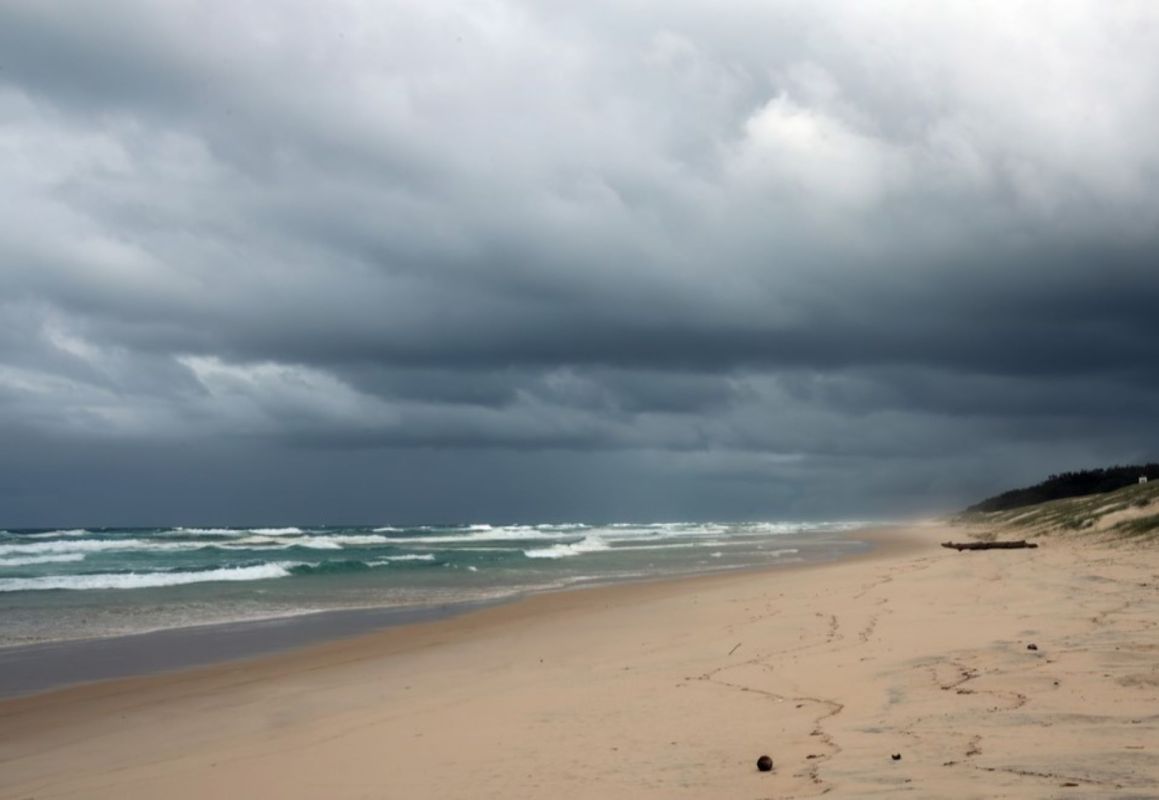A group of volunteers in Queensland, Australia, took matters into their own hands after polystyrene beads washed up on a 3.1-mile stretch of beach in November.
According to the Guardian, the locals vacuumed and hand-picked enough polystyrene balls to fill up four bins after cleaning for 10 days. A council beach grooming tractor helped clear out another 530 cubic feet of the plastic foam beads, among other debris, within the first 72 hours.
The spillage occurred at a UNESCO biosphere reserve area and overlapped with the start of marine turtle nesting season.
The volunteers sprung into action after two government agencies, the Maritime Safety Queensland and the Department of Environment and Science, failed to take accountability for the situation.
The former, liable for any pollution from shipping activities, said there was "no evidence" the spillage came from a ship at sea.
The latter, responsible for any terrestrial pollution, also deflected, saying in a statement that it "determined there is no possibility the spill resulted from a land-based source."
"While the exact origin of the spill is under investigation, the size of the beads and scale suggests an industrial source, likely from imported bean bag bead," Expanded Polystyrene Australia said in a press release. The company, which represents polystyrene product manufacturers, donated cleanup kits at the request of the volunteer groups.
Polystyrene is a plastic that is either in a solid or foam state and can be found in kitchen appliances, electronics, and food packaging. It's most recognizable as what's typically called styrofoam.
Research published earlier this year noted the toxicity of polystyrene, as ingestion of the microplastics leached by polystyrene can lead to several negative health effects in humans and aquatic species, including reduced body weight, premature deaths, and pulmonary diseases.
"There's very clear academic and scientific evidence that polystyrene is a serious threat to the environment, the economy and human health," Alison Foley, a Queensland resident who runs the environmental group Ten Little Pieces, told the Guardian.
"It's so toxic to animals and humans, translocatable, durable, fragile and easily ingestible. We have an obligation to address it, contain it and mitigate its impact on these extremely fragile ecosystems in the most efficient and effective manner."
Join our free newsletter for cool news and cool tips that make it easy to help yourself while helping the planet.









